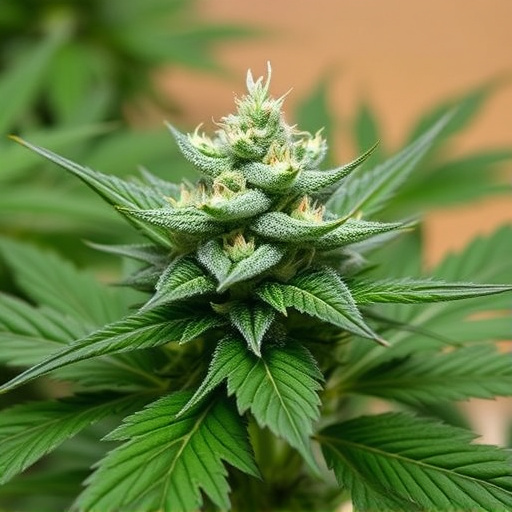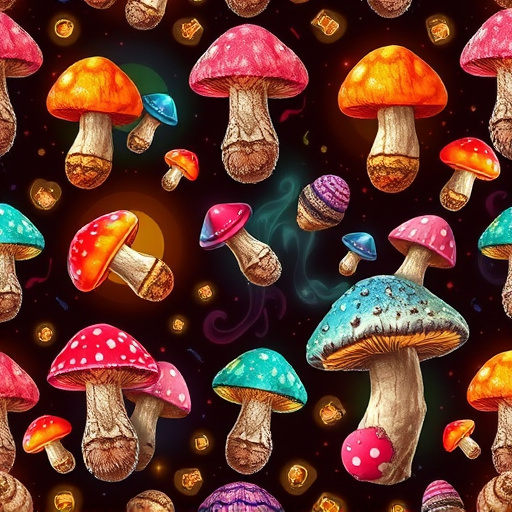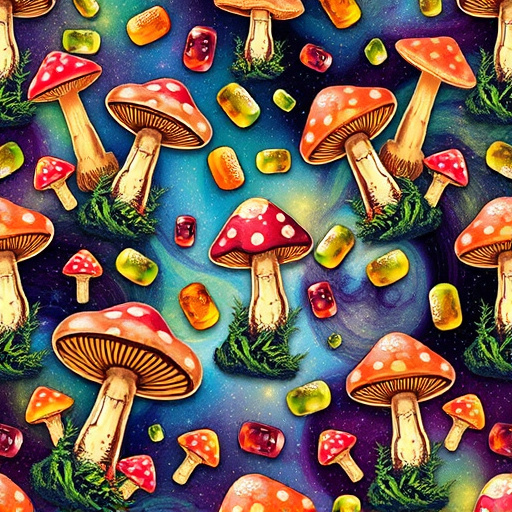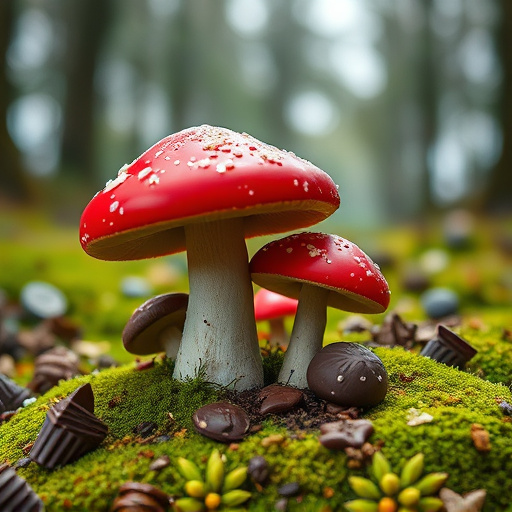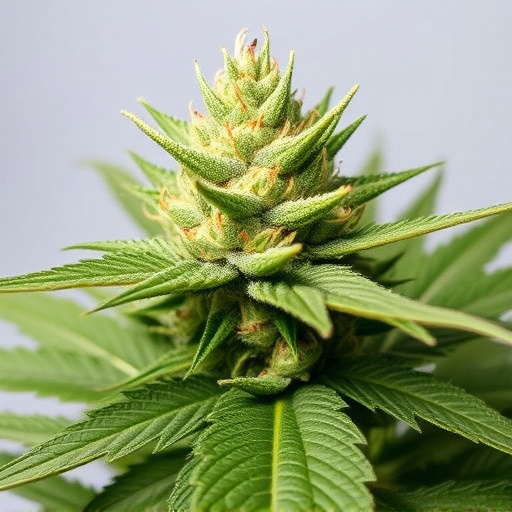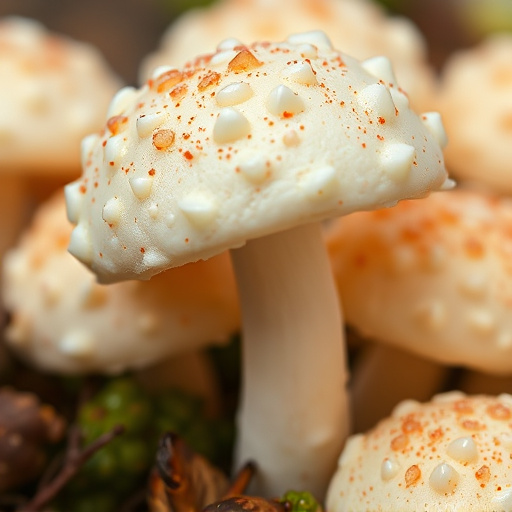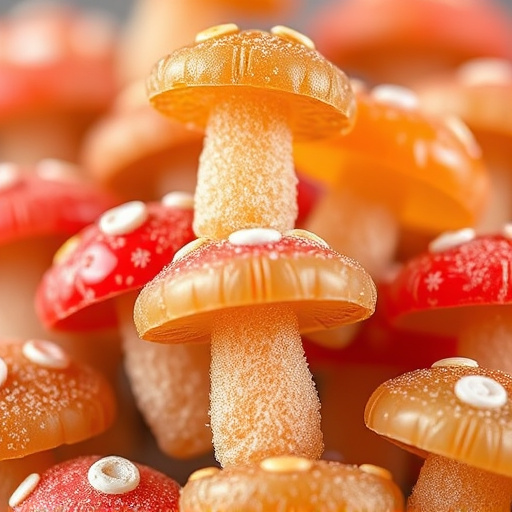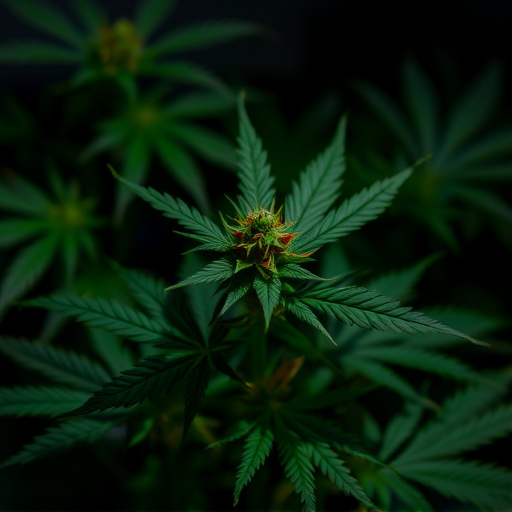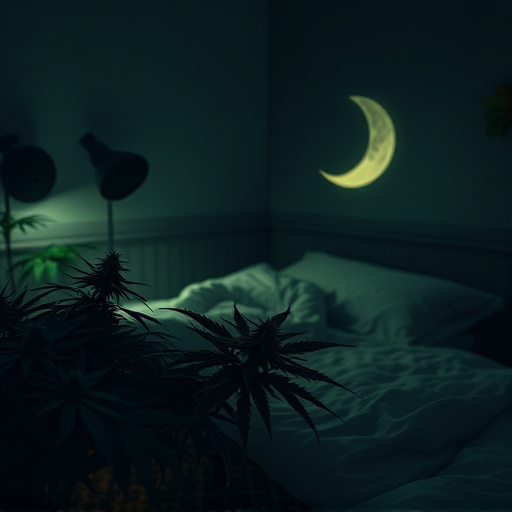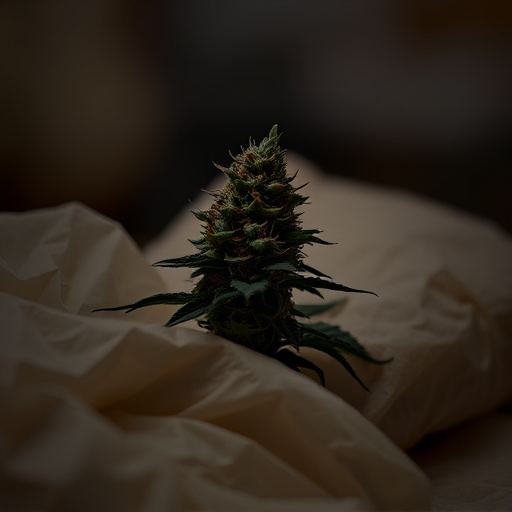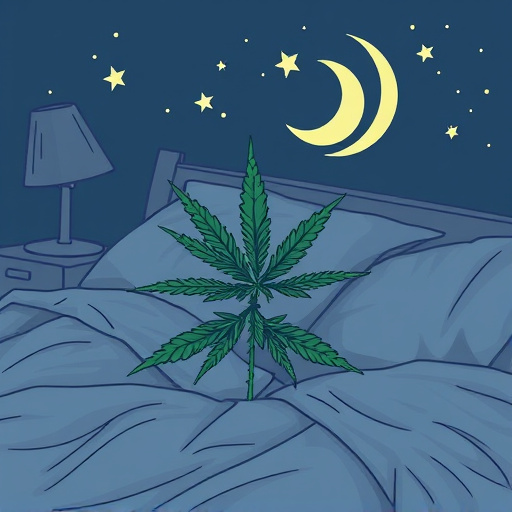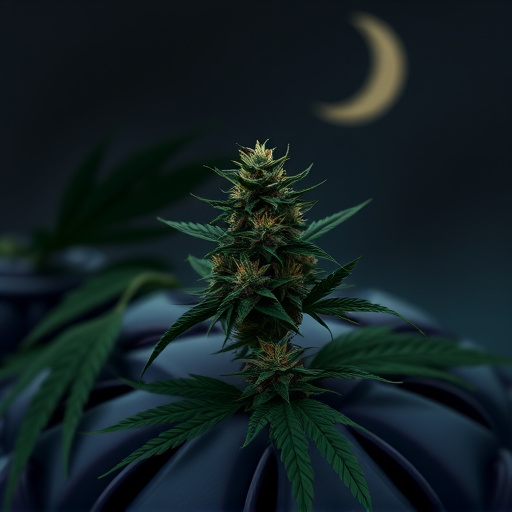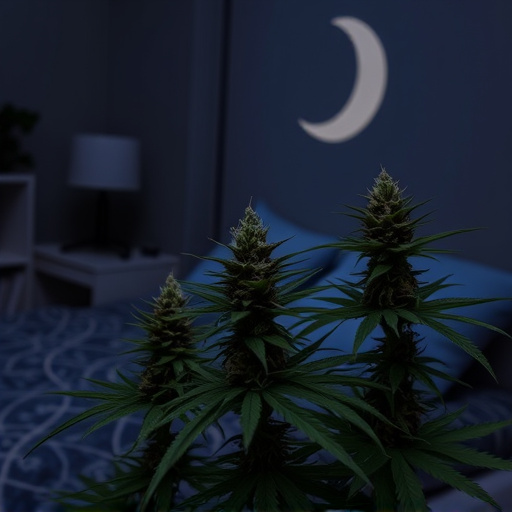Cannabis may aid sleep due to its interaction with the endocannabinoid system, but it carries risks. High THC levels can disrupt REM sleep and cause fragmented cycles, while CBD regulates sleep. Strains like Charlotte's Web or ACDC with balanced THC:CBD ratios are recommended for insomnia. Individual responses vary; some may experience heightened anxiety. Consulting healthcare providers is crucial to determine suitable strains and dosages for safe, effective cannabis use for insomnia.
“Smoking weed may offer temporary relief from insomnia, but it comes with a price. This article delves into the often-overlooked side effects of chronic cannabis use, focusing on its impact on sleep and overall health. We explore how THC and CBD interact with our bodies, revealing the delicate balance between relaxation and anxiety. Additionally, we navigate safe consumption practices for those using cannabis strains for insomnia, highlighting strategies to mitigate risks and promote better long-term well-being.”
- Short-Term Effects of Cannabis on Sleep and Insomnia
- – Exploring the impact of THC and CBD on sleep patterns
- – Common symptoms like relaxation vs. anxiety and paranoia
Short-Term Effects of Cannabis on Sleep and Insomnia
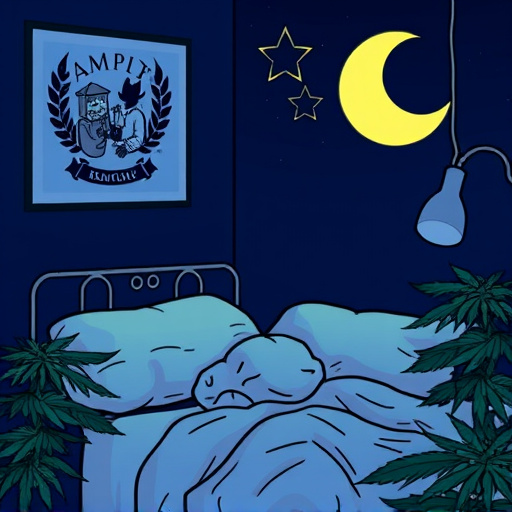
Smoking weed, or consuming cannabis, can have immediate effects on sleep patterns, especially in those who use it to manage insomnia. While some individuals claim that cannabis helps them fall asleep faster, this relief is often short-lived and may come with drawbacks. The active compounds in cannabis, particularly THC (tetrahydrocannabinol), can disrupt the body’s natural sleep cycle by binding to receptors in the brain that control sleep and wakefulness. This disruption can lead to difficulties in maintaining a consistent sleep schedule and may result in lighter, less restful sleep.
The impact of cannabis on sleep is highly variable, depending on factors like strain composition, method of consumption, and individual tolerance. Some cannabis strains marketed for insomnia contain higher levels of CBD (cannabidiol), which has been linked to potential sleep-regulating effects. However, the presence of THC in these strains may still cause sleep disturbances. It’s important to choose cannabis products with a balanced ratio of THC to CBD or opt for low-THC options if insomnia is a primary concern.
– Exploring the impact of THC and CBD on sleep patterns
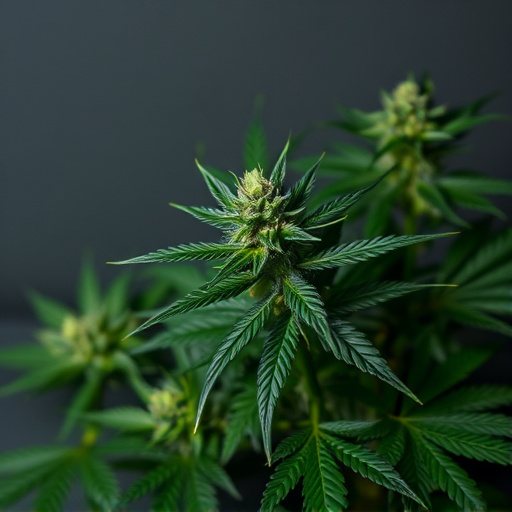
Smoking weed, or cannabis, can disrupt sleep patterns due to its active compounds, THC (tetrahydrocannabinol) and CBD (cannabidiol). While THC is known for its psychoactive effects that can induce relaxation and drowsiness, it also interferes with REM sleep, leading to fragmented sleep cycles. This can result in difficulty falling asleep or staying asleep throughout the night. On the other hand, CBD, often touted as a potential treatment for insomnia due to its calming properties, actually has a more nuanced effect on sleep. Studies suggest that CBD may help regulate sleep by interacting with the endocannabinoid system, which plays a role in maintaining sleep-wake cycles. However, it might not induce sleep directly but rather promotes a deeper, more restorative sleep once drowsiness sets in.
When considering cannabis strains for insomnia, some people find relief in strains high in CBD and low in THC. These strains are often sought after for their potential to mitigate the negative effects of THC on sleep without compromising its relaxing benefits. Strains like Charlotte’s Web or ACDC are known for their high CBD content, making them appealing options for those trying to manage insomnia naturally. It’s important to remember that everyone reacts differently to cannabis, so consulting with a healthcare provider before incorporating it into a sleep routine is crucial to determine the best strain and dosage for individual needs.
– Common symptoms like relaxation vs. anxiety and paranoia
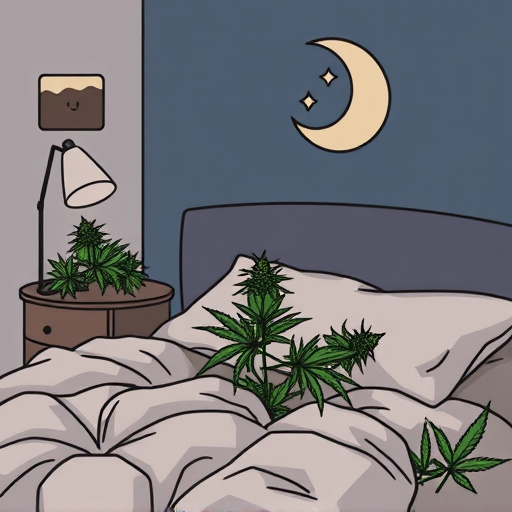
Cannabis, especially certain cannabis strains for insomnia, can induce a sense of relaxation due to its interaction with the body’s endocannabinoid system. This activation can lead to reduced stress and anxiety levels, making it appealing to those seeking relief from sleep difficulties or restlessness. However, not everyone experiences this calming effect uniformly; some users may instead encounter heightened anxiety or feelings of paranoia, particularly when consuming higher doses or certain potent strains. These adverse reactions can be attributed to the complex interplay of cannabinoids with individual brain chemistry and previous experiences.
The variability in effects underscores the importance of understanding one’s tolerance and choosing strains known for their mild, relaxing properties if insomnia is the primary concern. It’s crucial to consume cannabis responsibly, starting with low doses, and seeking guidance from healthcare professionals or knowledgeable budtenders to ensure a positive experience that minimizes potential discomfort.
While cannabis strains for insomnia have gained popularity, it’s crucial to understand that smoking weed can lead to both positive and adverse effects on sleep. The ideal balance lies in choosing strains with higher CBD content, known for its calming properties without the potent psychoactivity of THC. However, individual reactions vary, and short-term use may still induce relaxation or, conversely, anxiety and paranoia. Being mindful of these potential side effects is essential when considering cannabis as a sleep aid.

